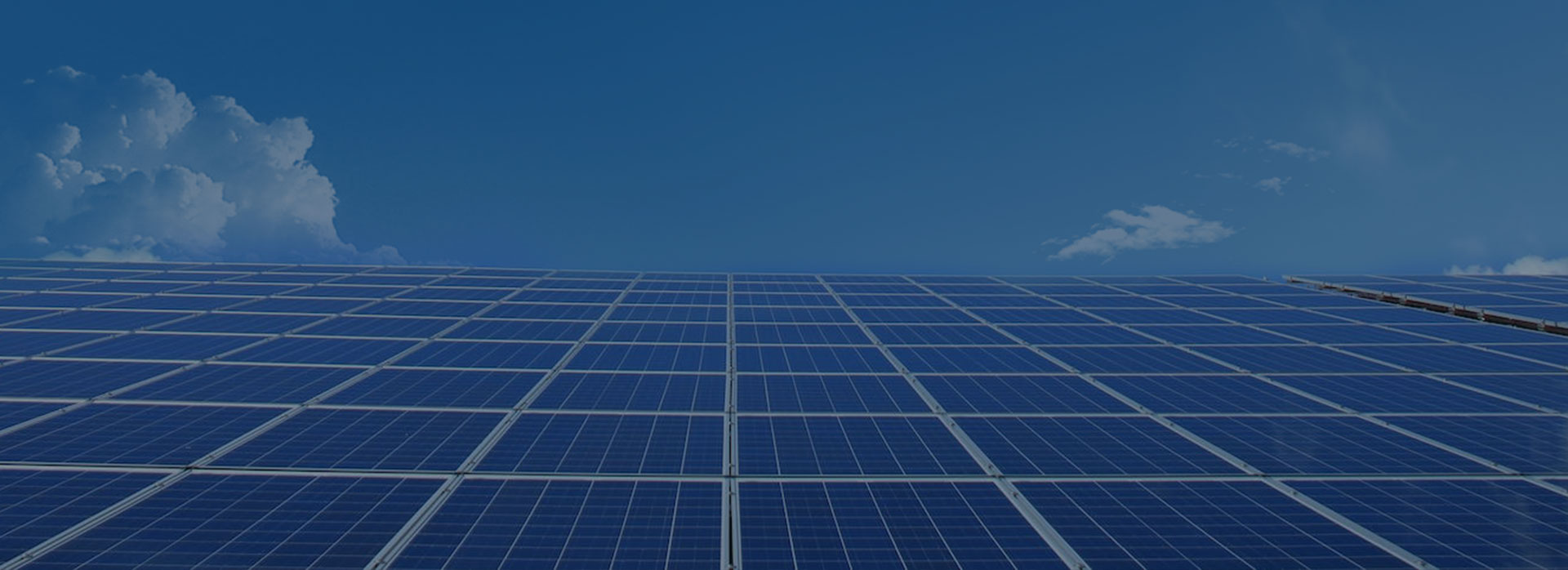Escalating interest rates, currently surpassing 7%, are throwing a wrench into the gears of the energy transition. They are diverting developing nations away from constructing a renewable energy-centric infrastructure, deterring households in developed nations from embracing rooftop solar, and likely putting a brake on investments in climate tech startups. The conundrum is evident: high interest rates are posing a formidable obstacle to effective climate action.
Contrary to the urgency of accelerating the shift to clean energy, we are witnessing a counterproductive trend. High interest rates are not only impeding the transition but are also raising barriers to the accessibility of clean energy. Unlike traditional oil prices that tend to dip during inflation, the Levelized Cost of Electricity (LCOE) for clean energy may surge beyond grid parity. The uptick in borrowing costs is inflating the expenses of clean energy projects, characterized by substantial capital expenditures, making them less cost-effective compared to fossil fuel projects structured around operating costs (OPEX). The hesitancy of individuals and businesses to make upfront payments for energy is further exacerbated by higher interest rates, thwarting the desired behavioral shift.

Estimated LCOE for different levels of interest rates (in USD/kWh)
Let's delve into the numbers. Consider a residential 10 kW solar system with an approximate cost of $29,000. With a $9,000 down payment on a 15-year loan at a 3% interest rate, the total loan payment amounts to $24,860. According to NREL’s LCOE calculator, the system's LCOE stands at $0.14/kWh, still below prevailing utility electric prices. However, by keeping all loan variables constant except for an increased interest rate of 7%, the total loan amount rises to $34,403, and the system’s LCOE escalates to $0.19/kWh—exceeding most, if not all, utility electric prices in the U.S.
This unfortunate scenario not only extends reliance on oil and gas but also skews financial decisions towards classic infrastructure, perpetuating dependence on fossil fuels and allowing oil and gas companies to uphold their monopoly status, even amid skyrocketing prices as witnessed in the summer of 2022 when they hit an unprecedented $5.01 per gallon.

Despite the solar industry's innovative attempts to counteract rising interest rates with mechanisms like solar leasing and power purchase agreements (PPAs), the energy transition still lacks the necessary impetus to effectively address the climate emergency. Third-party ownership, while witnessing an upward trajectory, doesn't offer a silver bullet for solar financing; instead, it shifts the burden of interest rate challenges onto financiers, risking negative balance sheets and bankruptcies, as exemplified by the case of Sunlight Financial.
However, it's not all gloom. The recently enacted Inflation Reduction Act (IRA) emerges as a potential game-changer. It not only tackles inflation and rising interest rates but also propels the energy transition forward. The long-term ramifications of the IRA offer a glimmer of hope. Despite challenges in some U.S. solar markets, there's a significant infusion of investment in local manufacturing plants.
This scenario, though seemingly paradoxical in the current market, underscores the industry's future growth and potential. Without the IRA, interest rates could inflict even greater damage on the solar market, prolonging the recovery period. Nevertheless, for the IRA to continue its success and align with the forthcoming supply-demand dynamics, addressing interest rates for solar investments becomes imperative.
In a scenario where a too-hot economy is a conundrum, and a too-hot planet poses an existential threat, exploring avenues to lower interest rates for investing in clean energy infrastructure emerges as a potential solution. The government could play a pivotal role in facilitating lower interest rate loans with favorable terms, mirroring approaches taken for education, housing, farming, or small businesses. This could have a ripple effect, assisting applicants with lower FICO scores in entering the solar market and reaping the benefits of lower energy rates.
As the climate crisis escalates, embracing unconventional solutions becomes paramount in achieving our climate goals.Choosing clean energy is not only a contribution to the environment, but also an investment in future life.Now is the perfect time to join us, as solar energy is no longer a luxury item, but a part of your life. We offer a diverse range of products, including solar panels, inverters, household energy storage batteries, all-in-one machines, etc., to meet your various energy needs. Whether you need capacities ranging from 12V to 48V, 100Ah to 350Ah, or 1.28kWh to 215kWh, we can provide you with the ideal choice.










